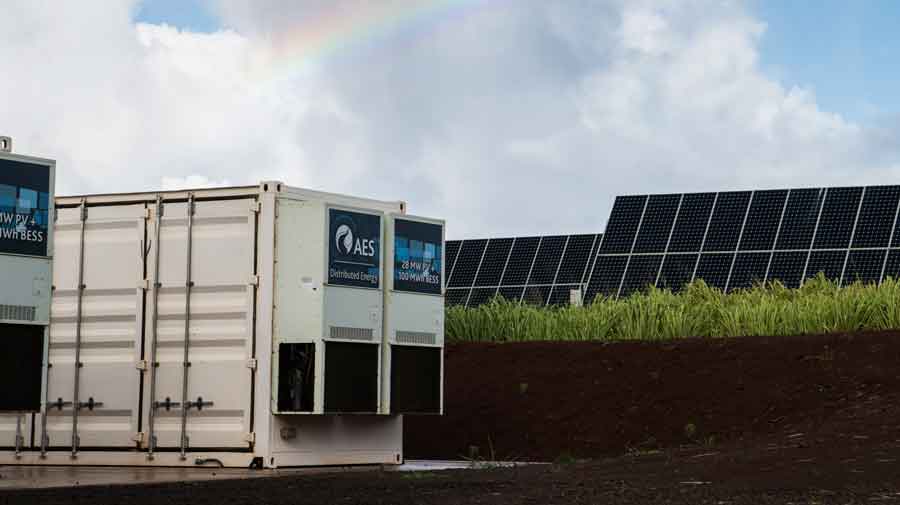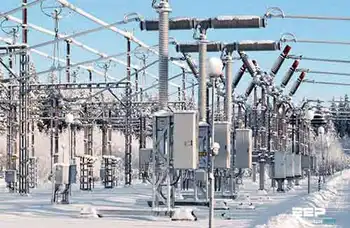African mobile phone firms mull solar for base stations
By Reuters
Electrical Testing & Commissioning of Power Systems
Our customized live online or in‑person group training can be delivered to your staff at your location.

- Live Online
- 12 hours Instructor-led
- Group Training Available
Africa burns more than 30 million liters of diesel a year to power mobile phone base stations, according to industry group GSMA.
The number of stations without a connection to the electricity grid will only rise as the industry is planning to spend more than $50 billion over five years to bring coverage to remoter areas.
"In Africa, in many markets in this part of the world, there is an abundance of sun, an abundance of wind," Alex Shalaby, CEO of Egyptian mobile carrier Mobinil told Reuters at the sidelines of the ITU Telecom Africa conference in Cairo.
"If there isn't a business case today, there will be once oil is at $200 (a barrel)."
Celtel, the African business of Kuwait's Mobile Telecommunications Co (Zain), is switching a number of sites to a technology similar to the one used in hybrid cars, its Chief Executive Chris Gabriel told Reuters.
"Diesel consumption is a significant cost item. We are changing over a lot of our diesel sites to hybrid sites...you run your diesel generators for eight hours, as an example, it charges up the batteries, the diesel shuts off, the batteries run down," he said.
"You can reduce your diesel consumption by about 55 percent using this technology."
Low-power equipment can do its part to reduce the need for diesel generators, equipment vendors said.
Huawei said its latest base station consumed 47 percent less energy and can be powered by solar panels and a wind turbine, with energy stored in batteries for backup. It also requires less cooling as it can withstand temperatures of up to 55 degrees Celsius.
The total cost of ownership - the combination of initial capital spending and ongoing costs of maintenance and operations - is 30 percent lower, a Huawei product manager said.
Nokia Siemens Networks (NSN) showed a low-power product for covering villages with a mobile phone signal, which can also be powered by solar panels.
Apart from consuming less energy, the capital spending is about a tenth of a normal mobile phone base station, making it an easier business case for rural areas with a low income that generate low revenue, NSN said.











